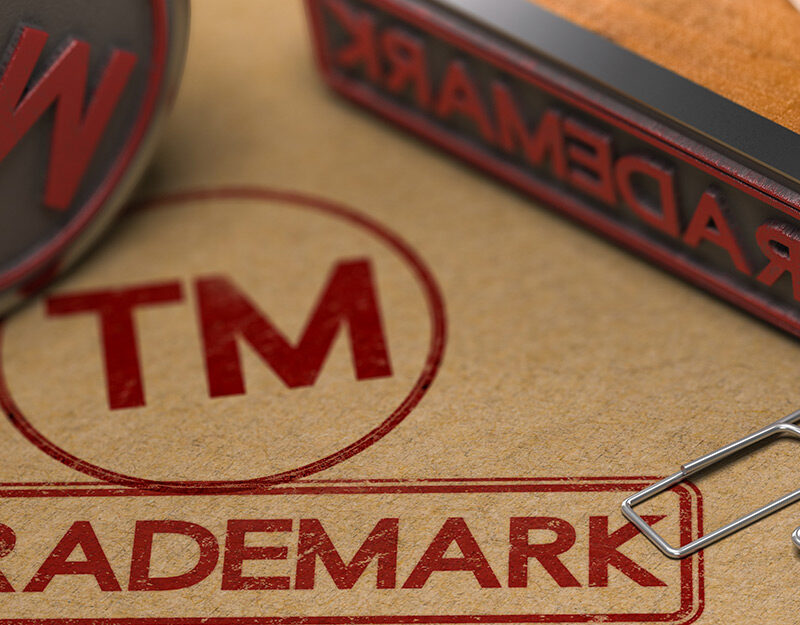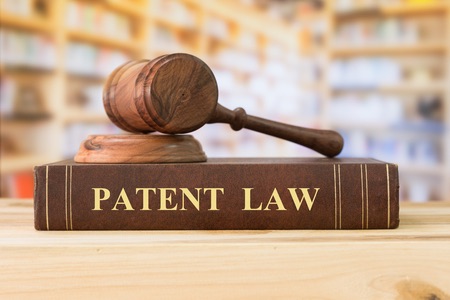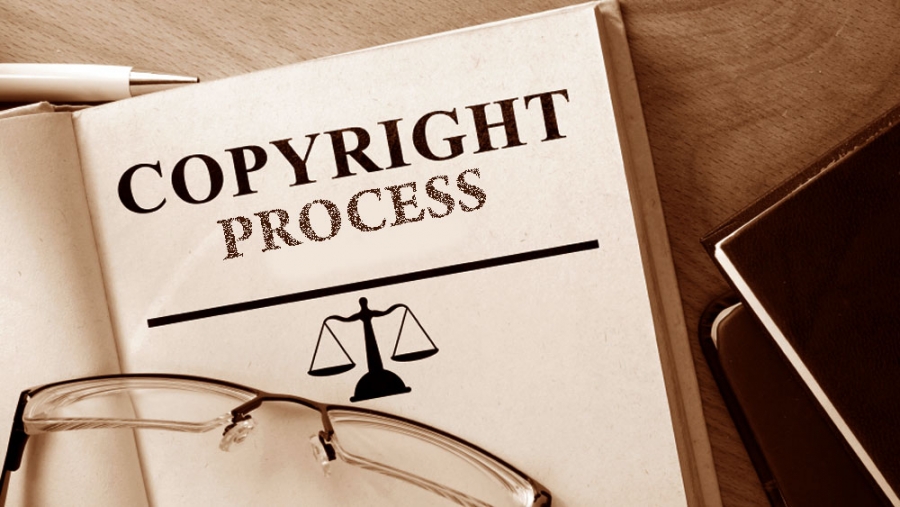MyLawPoint for property document verification was 100% worth it. Initially, I hired a lawyer for bank loan document processing but was disappointed with their professionalism. MyLawPoint connected me with an expert advocate who articulated all possible pitfalls in purchasing the property (DC Survey 66/1 Chikkanagamangala) from Reliaable Developer. Their detailed legal report helped me avoid a potential loss of 80 lakhs. I'm grateful for MyLawPoint's excellent coordination and swift document collection. Thank you to their team for saving me from a risky investment.
Copyright
Basic Price
₹9,999.00 ₹7,999.00
Understanding Copyright
Copyright is the legal right granted to creators of literary, dramatic, musical, and artistic works, as well as producers of films and recordings. It grants the holder the exclusive rights to reproduce, replicate, adapt, translate, and distribute the work they have created. Copyright serves to safeguard authors’ rights over their creations, providing them with certain minimum protections and ensuring that creativity is rewarded and protected.
The Copyright Act of 1957 serves as the primary legislation governing copyright in India. It protects original literary, dramatic, musical, and artistic works, as well as cinematograph films and sound recordings, from unauthorized usage and copying of their creations. It’s important to note that copyright protects the expressions of ideas and not the ideas themselves. Therefore, there is no copyright protection for ideas, procedures, methods of operation, or mathematical concepts.
Advantages of Copyright Registration
Benefits of Copyright Registration:
- Public Record of Ownership: Copyright registration establishes a public record of ownership, providing evidence of the creator’s rights to the work.
- Prevents Copying and Duplication: Copyright registration deters unauthorized copying and duplication of the work by providing legal recourse against infringement.
- Legal Commercial Use of By-Products: Registered copyright allows for legal commercial use of by-products, such as adaptations, translations, or derivative works, with proper authorization.
- Transfer of Rights: The owner of the copyright-protected work can sell or transfer the rights to another person, enabling the transfer of ownership while maintaining copyright protection.
- Protection Extended After Creator’s Death: Copyright protection continues even after the creator’s death, ensuring that their creative works are safeguarded and their rights are preserved for the benefit of their heirs or beneficiaries.
Copyright Registration Procedure
- Preparation of Copyright Registration Application: The applicant must prepare the copyright registration application in Form IV, providing all required details and documentation.
- Submission of Application: The application must be duly signed by the applicant and submitted by the advocate under whose name the Power of Attorney has been executed, ensuring proper authorization.
- Online Filing of Application: The application for copyright registration is filed online through the designated portal, following the specified procedures and guidelines.
- Handling Discrepancies or Objections: If discrepancies or objections are identified during the examination process, a discrepancy notice will be issued. The applicant must respond to the notice within 30 days from the date of issuance, addressing and resolving the issues raised.
- Issuance of Registration Certificate: Upon successful completion of the examination process and resolution of any discrepancies or objections, the Copyright Office will issue the Registration Certificate, confirming the copyright registration.
Documents Needed for Copyright Registration
Documents Required for Copyright Registration:
Proof of Applicant
- PAN Card
- Address Proof of Applicant
- Certificate of Incorporation (if registering copyright for a Company)
Nature of Work
- Copies of the original work
- Class & Description of the Work
- Title of the Work
- Language of the Work
- Date of Publication
NOC from Author/Publisher (if applicable)
Power of Attorney in favor of the Lawyer/Attorney

I purchased a flat in Hyderabad, but the builder delayed possession beyond the committed date. This caused significant financial strain as I was paying high EMIs and rent, leaving me with no money at month-end. Feeling stressed and helpless, I discovered MyLawPoint. Their Property Expert Lawyer suggested sending a legal notice to the builder and appealing to RERA for the delayed possession. Thanks to their guidance, I received compensation from the builder for the delay and finally gained possession of my flat. MyLawPoint's support was invaluable in resolving this effectively.
Malani

I had an exceptional experience with MyLawPoint. Their support throughout the entire process, from Property Paper Verification to the Sale Deed Registration, was truly comprehensive and invaluable. The level of service they provided exceeded my expectations, and I am highly satisfied with the outcome. Their dedication to keeping me informed with timely updates at every step of the way further showcased their professionalism and commitment to client satisfaction. I wholeheartedly recommend MyLawPoint to anyone in need of legal support for their property transactions.
Gerald Gilbert
Explore our other property services
Related products
Frequently Asked Question
No, stamp duty is not included in MyLawPoint's fee. It should be paid separately, and our lawyers will assist you in procuring it.
The time taken for property registration varies based on the sub-registrar office and property registration flow. Typically, after document submission to MyLawPoint, expect 3-7 days for lawyer-assisted property appointments with the local sub-registrar office.
Yes, while MyLawPoint handles appointments and formalities, your presence at the sub registrar’s office is required on the day of registration appointment.
Yes, an Agreement to Sell can be cancelled through mutual consent or if a condition in the contract permits cancellation. However, penalties or consequences may be specified in the agreement for cancellation.
Copyright
Understanding Copyright
Copyright is the legal right granted to creators of literary, dramatic, musical, and artistic works, as well as producers of films and recordings. It grants the holder the exclusive rights to reproduce, replicate, adapt, translate, and distribute the work they have created. Copyright serves to safeguard authors’ rights over their creations, providing them with certain minimum protections and ensuring that creativity is rewarded and protected.
The Copyright Act of 1957 serves as the primary legislation governing copyright in India. It protects original literary, dramatic, musical, and artistic works, as well as cinematograph films and sound recordings, from unauthorized usage and copying of their creations. It’s important to note that copyright protects the expressions of ideas and not the ideas themselves. Therefore, there is no copyright protection for ideas, procedures, methods of operation, or mathematical concepts.
Advantages of Copyright Registration
Benefits of Copyright Registration:
- Public Record of Ownership: Copyright registration establishes a public record of ownership, providing evidence of the creator’s rights to the work.
- Prevents Copying and Duplication: Copyright registration deters unauthorized copying and duplication of the work by providing legal recourse against infringement.
- Legal Commercial Use of By-Products: Registered copyright allows for legal commercial use of by-products, such as adaptations, translations, or derivative works, with proper authorization.
- Transfer of Rights: The owner of the copyright-protected work can sell or transfer the rights to another person, enabling the transfer of ownership while maintaining copyright protection.
- Protection Extended After Creator’s Death: Copyright protection continues even after the creator’s death, ensuring that their creative works are safeguarded and their rights are preserved for the benefit of their heirs or beneficiaries.
Copyright Registration Procedure
- Preparation of Copyright Registration Application: The applicant must prepare the copyright registration application in Form IV, providing all required details and documentation.
- Submission of Application: The application must be duly signed by the applicant and submitted by the advocate under whose name the Power of Attorney has been executed, ensuring proper authorization.
- Online Filing of Application: The application for copyright registration is filed online through the designated portal, following the specified procedures and guidelines.
- Handling Discrepancies or Objections: If discrepancies or objections are identified during the examination process, a discrepancy notice will be issued. The applicant must respond to the notice within 30 days from the date of issuance, addressing and resolving the issues raised.
- Issuance of Registration Certificate: Upon successful completion of the examination process and resolution of any discrepancies or objections, the Copyright Office will issue the Registration Certificate, confirming the copyright registration.
Documents Needed for Copyright Registration
Documents Required for Copyright Registration:
Proof of Applicant
- PAN Card
- Address Proof of Applicant
- Certificate of Incorporation (if registering copyright for a Company)
Nature of Work
- Copies of the original work
- Class & Description of the Work
- Title of the Work
- Language of the Work
- Date of Publication
NOC from Author/Publisher (if applicable)
Power of Attorney in favor of the Lawyer/Attorney
Recommended Products
Related products
What our users say
Lorem ipsum dolor sit amet, consectetur adipisicing elit, sed do eiusmod tempor incididunt ut labore et dolore magna aliqua. Ut enim ad minim veniam, laboris consequat.
Anna Miller
DesignerLorem ipsum dolor sit amet consectetur adipisicing elit sed do eiusmod tempor incididunt ut labore et dolore Lorem ipsum dolor sit amet, consectetur adipisicing elit

Kevin Walker
DeveloperLorem ipsum dolor sit amet, consectetur adipisicing elit, sed do eiusmod tempor incididunt ut labore et dolore magna aliqua. Ut enim ad minim veniam, laboris consequat.

Ruth Pierce
Customer₹9,999.00 ₹7,999.00



